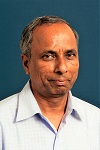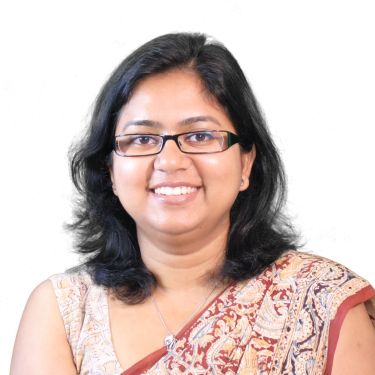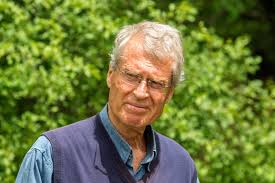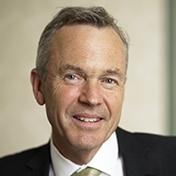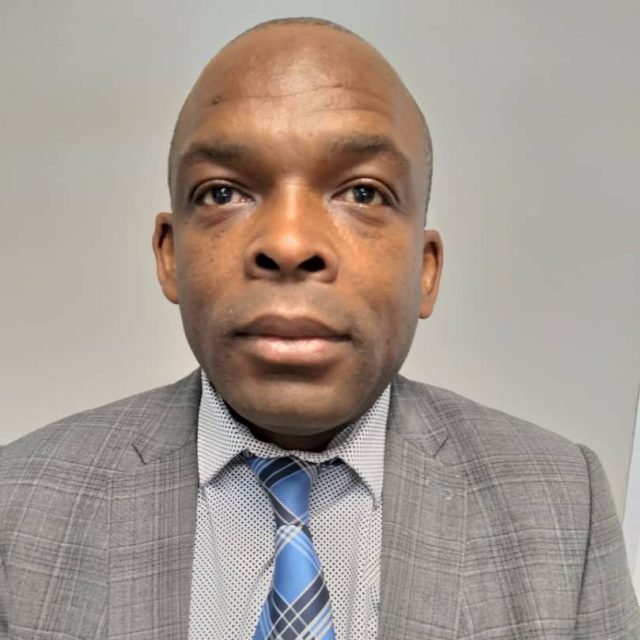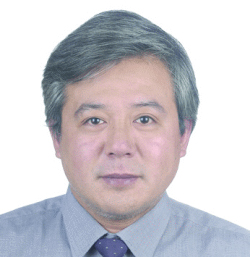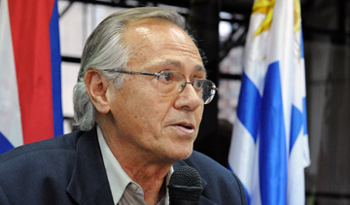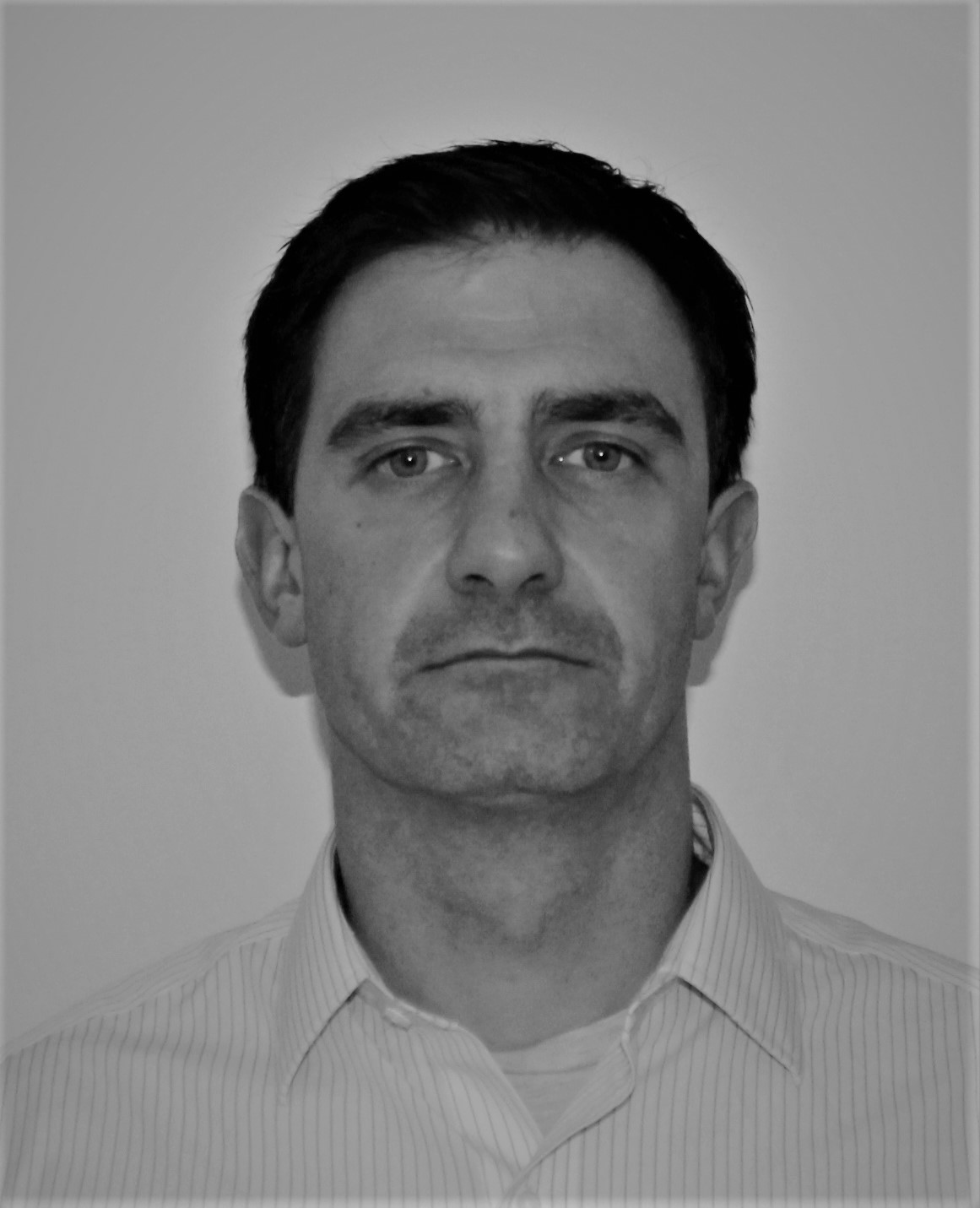Indicative Detailed Programme
with Keynote Speakers
Click on the title of each session in this programme to learn more on the different sessions, keynote speakers, distinguished panellists, etc. for the pasted IWRA 2020 Online Conference (28-30 October). Kindly note that the programme was in Central European Time (CET).
Day 1
Wednesday, October 28th
15:00-17:00
Opening Ceremony
Chair of ceremony:
Renée Martin-Nagle,
International Scientific Committee (ISC)
Co-chair of ceremony:
Mary Trudeau,
Project Officer, IWRA
Welcome messages:
Gabriel Eckstein,
President, IWRA
President, IAH
Natural Sciences ADG, UNESCO
Jacques Ganoulis,
co-chair, ISC
Keynote speakers:
Jay Famiglietti,
Executive Director, Global Institute for Water Security; Professor, School of Environment & Sustainability, University of Saskatchewan
“Emerging Threats to Global Groundwater Security as viewed from Space”
Karen G. Villholth,
Principal Researcher, Coordinator – Groundwater, International Water Management Institute (IWMI)
“Groundwater in a Changing World – Buffer or Burnout?”
Keynote Q&A
Closing remarks
Day 2
Thursday, October 29th
Moderator:
Neno Kukuric,
International Scientific Committee (ISC)
Co-moderator:
Enrique Fernandez Escalante,
ISC
Keynote speaker:
Basant Maheshwari,
Professor, Dean’s Unit School of Science, Western Sidney University
“Participatory Groundwater Monitoring and Management at the Village Level – enabling technology and people to work together for sustainable groundwater futures”
Keynote Q&A
Oral presentations:
Chavez (Germany),
GIS and data tools for estimating domestic self-supply groundwater use in urban Africa
Glanville (Australia),
Policing water crime in Australia: Compliance, enforcement and technology
Ruz Vargas (The Netherlands),
Groundwater data sharing: the challenge of spatio-temporal data
Wang (Switzerland),
Monitoring groundwater abstraction using electric energy as proxy in an area of intensive agricultural pumping
Songa (United Kingdom),
The WASH Basins Toolkit and WASH Connect IWRM App: Tools for Integrated Groundwater Management Through WASH Projects
General
Q&A
Closing remarks
Moderator:
Elena López Gunn,
ISC
Co-moderator:
Jeltsje Kemerink,
ISC
Keynote speaker:
Aditi Mukherji,
Research Group Leader, Climate Change, Adaptation and Resilience, IWMI – New Delhi
“Groundwater and resilience to climate change”
Keynote Q&A
Oral presentations:
Gideon (India),
Groundwater trustees
Patel (India),
Community’s Response to Revive Depleting Groundwater in Arid Region of Kutch A Self-propelled Movement for the Managed Aquifer Recharge Through Private Defunct Bo
Kale (India),
Building the resilience for managing groundwater under climate change: Lessons from the Water Stewardship Initiative
Yang (China),
Groundwater Pricing Policies in the Practice of Groundwater Over-pumping Control in North China Plain
Kracht (Austria),
Improving needs assessment and project formulation with IWAVE – The IAEA water availability enhancement approach
General
Q&A
Closing remarks
Moderator:
Richard Taylor,
ISC
Co-moderator:
Robinah Kulabako,
Senior Lecturer, Makerere University
Oral presentations:
Chang (Korea),
Assessment of seawater intrusion affected by
climate factors and anthropogenic activities:
Case study of South Korea
Craig (Trinidad & Tobago),
Drivers of groundwater salinity and potential for freshwater abstraction on a semi-arid coral-limestone island in Sri Lanka
Thanh Tran (Thailand),
The impact of climate change towards groundwater use and mitigation in The Upper Central Plain Basin of Thailand
Mhambi (Zimbabawe),
Comparative assessment of small water storage structures in semi-arid regions considering hydro-climatic, geological and socio-economic contexts
Taylor (United Kingdom),
Groundwater recharge and the amplification of rainfall extremes under climate change
Grinevskiy (Russia),
The impact of modern climate changes on the groundwater recharge in the European part of Russia
Reinecke (Germany),
Changes of groundwater recharge at different global warming levels: A global-scale multi-model ensemble approach
General
Q&A
Closing remarks
Moderator:
Tibor Stigter,
ISC
Co-moderator:
Dinis Juizo,
ISC
Keynote speaker:
John Cherry,
Director, The University Consortium Adjunct Professor, University of Guelph & Distinguished Professor Emeritus, University of Waterloo
Beth Parker
Director, G360 Institute for Groundwater Research, PhD, BCEEM, LEL; Professor, School of Engineering, University of Guelph & Associate Director, The University Consortium
“Passive approaches for groundwater remediation are most essential in the context of climate change”
Keynote
Q&A
Oral presentations:
Chmengui (Tunisia),
Pharmaceutical active compounds in groundwater: contamination and related risks under reclaimed water reuse in agriculture
Mas-Pla (Spain),
Expected effects of future hydrological water balances on the antibiotic and AMR occurrence in groundwater
Mas-Pla (Spain),
Governance and groundwater modelling: Addressing governance gaps on nitrate pollution through numerical flow and transport simulations
Ortmeyer (Germany),
Projection of groundwater nitrate evolution under different climate scenarios in NW Germany
Leitão (Portugal),
Precipitation pattern changes impact in the groundwater quality at Aluviões do Tejo aquifer
General
Q&A
Closing remarks
Moderator:
Elena López Gunn,
ISC
Co-moderator:
Peter van der Keur,
Senior Scientist, Geological Survey of Denmark and Greenland (GEUS)
Oral presentations:
Petersen (United States),
Contesting water injustice farmworker activism, climate change, and groundwater governance in California
Meinzen-Dick (United States),
Gaming the System Stimulating Rules and Behaviour Change for Governance of Groundwater and Conjunctive Use in India
Kinzelbach (Switzerland),
A Path Towards Sustainable Use of an Overpumped Aquifer Example the North China Plain
Sixt (United States),
Water Diplomacy at the Macro Scale Groundwater Governance in the High Plains Aquifer Region of the United States
Gonzalez Villareal (Mexico),
Groundwater governance in Guanajuato, Mexico towards an effective regulation of the Pénjamo-Abasolo aquifer
Gronwall (Sweden),
Groundwater and the human right to water Coping through self-supply
General
Q&A
Closing remarks
Moderator:
Richard Taylor,
ISC
Co-moderator:
Renée Martin-Nagle,
ISC
Keynote speaker:
Bridget Scanlon,
Senior Research Scientist, Bureau of Economic Geology, Jackson School of Geosciences
“Impact of climate extremes and human water use on water resources in major U.S. aquifers using GRACE satellite data”
Keynote
Q&A
Oral presentations:
Levison (Canada),
Agriculture, groundwater use, and climate change: a subwatershed-scale investigation in southern Ontario, Canada
Mohan (Australia),
How confident are we with the global groundwater recharge estimates under climate change?
Hingst (United States),
Driving Mechanisms and Timescales of Saltwater Intrusion near Dover, Delaware
DiFilippo (United States),
Monitoring and methods to assess the groundwater quality degradation risk in karstic island aquifers (Bantayan Island, Cebu Province, Philippines)
Martínez Salvador (Mexico),
Vulnerability Indexes in Groundwater assessment: the case of the GOD index in Mexican aquifers and its relationship with mine tailings projects
General
Q&A
Closing remarks
Day 3
Friday, October 30th
Moderator:
Richard Taylor,
International Scientific Committee (ISC)
Co-moderator:
Sara Nowreen,
Assistant Professor, Bangladesh University of Engineering & Technology (BUET)
Oral presentations:
Mackay (United Kingdom)
Proglacial groundwater storage dynamics under climate change and glacier retreat
Gong (China)
Propagation from meteorological to groundwater drought response to global warming
Hernandez (France)
Investigate the relationship between hydro-climatic monitoring and health indicators in a context of chronic drought, Madagascar
Tuqan (Portugal)
Agricultural water use impact on the eastern aquifer basin sustainability under climate change uncertainty
Macdonald (United Kingdom)
Tools to reconstruct past and project future groundwater levels to inform groundwater resource management in sub-Saharan Africa
Larabi (Morocco),
Assessment of climate change impacts on groundwater resources using RICCAR Data in the Beni-Amir Aquifer (Tadla Complex, Morocco)
General
Q&A
Closing remarks
Moderator:
Tibor Stigter,
ISC
Co-moderator:
Jared van Rooyen,
Stellenbosch University & IAH ECHN
Oral presentations:
Mahmood (Germany),
Managed Aquifer Recharge as a source of emerging pollutant in groundwater
Hayat (Hungary),
Site suitability mapping for ‘Managed Aquifer Recharge (MAR)’ implementation in Poralai and Hangol, the coastal basins of Baluchistan, Pakistan
Rankgomo (Botswana),
Assessing the potential of artificial groundwater recharge: case study of Palla Road wellfields, Botswana
Pavelic (Australia),
Co-managing floods and droughts on the Gangetic Plain through a novel MAR approach
Tuan (Vietnam),
The impact assessment of climate change on groundwater resource development in the Vietnamese Mekong Delta. Case study: Tra Vinh Province
Fernández Escalante (Spain),
Water quality regulations and guidelines for Managed Aquifer Recharge – International synopsis, contrast and lessons learned
Szábo (Hungary),
Preliminary results of Rooftop Rainwater Harvesting and shallow well infiltration pilot project in the Danube-Tisza Interfluve, Hungary
General
Q&A
Closing remarks
Moderator:
Jorge Ellis,
UNESCO Intergovernmental Hydrological Programme (IHP)
Co-moderator:
Raya Marina Stephan,
ISC
Keynote speaker:
Eddy Moors,
Rector, IHE Delft
“Developing capacity for groundwater under climate change: Some reflections on the 2020 Delft Agenda for Action and the UN Water Accelerator Framework”
Keynote
Q&A
Oral presentations:
Munyai (South Africa),
Towards a road map for groundwater management capacity development for the SADC region
Thuy (Italy),
The gender perspective of groundwater governance
Henrich (Austria),
Enhancing regional capacities for the isotope based assessment of water resources in the context of adapting to climate change
Danert (Switzerland),
Improving the capacity to manage and drill water wells in sub-Saharan Africa: Sixteen years of collaboration and experiences
Singh (India),
Commoning water – co-creating knowledge and institutions for conjunctive use of water
Chakrabarti (Germany),
Development of a web-supported MAR concept for a pilot study in Recife, Brazil
Closing remarks
Moderator:
Gabriel Eckstein,
President, IWRA
Co-moderator:
Rosario Sanchez,
Senior Research Scientist, Texas Water Resources Institute
Distinguished panelists:
Kirstin Conti,
Public Sector Specialist, World Bank Group
Patrice Kandolo Kabeya,
SADC Secretariat, Botswana
Yuanyuan Li,
Vice-President & Professor, General Institute of Water Resources and Hydropower Planning and Design at the Ministry of Water Resources of China
Jorge Rucks,
former Vice-Minister, Ministry of Housing, Spatial Planning and the Environment, Uruguay
Conor Quinlan
Scientific Officer, Hydrometric and Groundwater Section, Environmental Protection Agency
General
Q&A
Closing remarks
Moderator:
Neno Kukuric,
ISC
Co-moderator:
Enrique Fernandez Escalante,
ISC
Oral presentations:
Kerr (Canada),
Connecting surface water and groundwater supply and demand over time and space to support sustainable water management
Campana (United States),
Enhancing groundwater resilience by harvesting glacial meltwater with Managed Aquifer Recharge
Li (Switzerland),
Leveraging environmental data and models with web-based decision support systems (DSS): A case study of DSS application for groundwater management in Guantao, China
General
Q&A
Moderator:
Alice Aureli,
ISC
Co-moderators:
Adrian Parr,
ISC
Jorge Ellis,
UNESCO Intergovernmental Hydrological Programme (IHP)
Special lectures:
“Pan African Groundwater Program (APAGroP): A new AMCOW agenda to improve capacities and education on groundwater resources in Africa”
Moshood N. Tijani, Groundwater Desk Officer, Abuja – Nigeria; African Ministers’ Council on Water (AMCOW)
“An occupationally-directed capacity building model to support groundwater resilience technical support in Africa”
Kevin Pietersen, UNESCO Chair in Geohydrology, Institute for Water Studies, University of the Western Cape & L2K2 Consultants (Pty) Ltd (South Africa)
General
Q&A
Special panel on groundwater education and capacity development:
High level statement by Margaret Irungu, Transboundary Water Resources Department, Ministry of Water and Irrigation (Kenya)
Christian Severin, Senior Environmental Specialist, GEF-IWLEARN, Global Environment Facility Secretariat (United States)
Alberto Manganelli, Regional Centre for Groundwater Management for Latin America and the Caribbean CeReGAS (Uruguay)
Mary M. Khimulu, former Permanent Delegate of Kenya to UNESCO
Closing remarks
Chair of ceremony:
Renée Martin-Nagle,
International Scientific Committee (ISC)
Co-chair of ceremony:
Mary Trudeau,
Project Officer, IWRA
Keynote speaker:
Rafael Bernardo Carmona Paredes,
General Coordinator of the Mexico City Water Agency
“Groundwater Governance, Management and Policy in Mexico”
Keynote
Q&A
Sessions reporting:
Alice Aureli,
ISC
Elena López Gunn,
ISC
Neno Kukuric,
ISC
Tibor Stigter,
ISC
Richard Taylor,
ISC
Final
Q&A
Closing messages:
Jacques Ganoulis,
ISC, co-chair
Jean Fried,
ISC, co-chair
Final words:
Gabriel Eckstein,
President, IWRA
Closing


